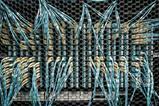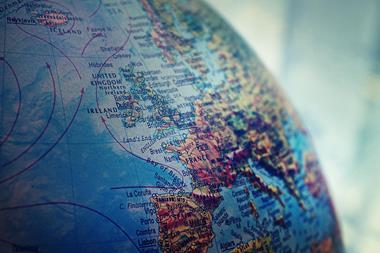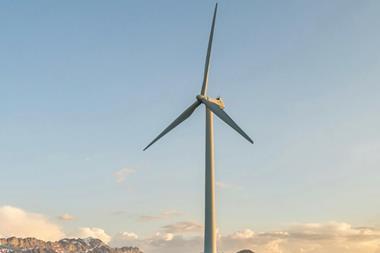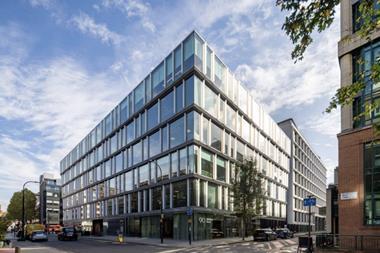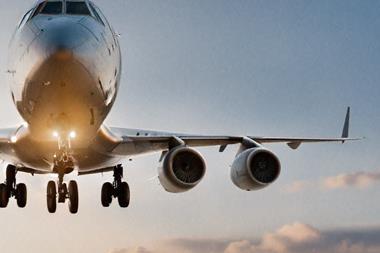Deflationary pressure from China in the wake of Trump’s tariffs war, combined with increased defence and infrastructure spending, could result in a “renaissance for Europe”, according to Seema Shah, global strategist at Principal Asset Management.
During her keynote address at this year’s annual INREV conference in Berlin, Shah said: “There is a potential deflationary storm which is heading for Europe. Already this year, the yuan has depreciated by 10% against the euro. This is a very concerning story, but on top of that, just as the US has been very antagonised by China flooding their market with cheap goods and putting their manufacturing base out of work, Europe could be facing a similar story over the coming decade or so.”
In such a scenario, “it becomes so important for Europe to really move forward with infrastructure – to think about physical spending and deregulation”, Shah said. “So this is a chance for a renaissance for Europe,” Shah told the annual gathering of institutional real estate investors and fund managers. “There is a greater urgency than ever before, and I think there is a potential for Europe to shine, because now they have significant concerns confronting them.”
Shah said it was “a very, very important time for Europe”. She said: “It is difficult to know how this is going to pan out, but this really could be the renaissance for Europe – if there is a move towards greater infrastructure spending, specifically, and of course the biggest thing being deregulation.”

Plans for infrastructure and defence spending
Shah went on to analyse the ramifications of incoming German chancellor Friedrich Merz’s fiscal policy plans, which include the launch of a €500bn infrastructure fund aimed at enhancing Germany’s infrastructure and stimulating economic growth.
She said the impact of the changes would not be felt in Germany – or more broadly in Europe – until 2026 at the earliest, “so unfortunately, Germany and Europe are fully exposed to tariffs this year”. She added: “There is nothing really offsetting the pain that is likely to hit this year.”
Public spending on infrastructure means that “pretty much almost everything flows through to the real economy, so it can have a very significant upward boost to growth for Europe”. But if the focus is more on defence spending, this would have a far smaller positive impact for the continent, because Europe imports around half its defence equipment, Shah said.
“So 50% or so of increased defence spending would have almost no impact on the European economy. There is potential upside to that – there are already discussions from the European Commission about how to create some rules making sure that a greater amount of the military expenditure is produced in Europe.”
Shah said: “If Europe has got those right intentions of saying we have to be focused on Europe, we have to be focused on domestic production, and if we need to, we must create some deregulation in order to push that through. Then that would be very key. But that’s probably more of a long-term impact.”
She told the audience that Germany, in particular, is standing in “really good stead”, because if it is focused on infrastructure. “There is a chance [for] Germany’s real trend growth rate to push up to around 2%”, she said. “Now 2% is essentially equivalent to what you’re seeing in the US, and at that point Europe really does become a major competitor on the global stage. But a lot is going to depend on how [much infrastructure spending transpires], and so much will depend on deregulation if that can genuinely come through.”
As for the UK, Shah said the country was “playing it very safe” but was in a “really, really difficult spot, because post-Brexit the UK is realising it needs to have some kind of trade relationship with the EU”.
She said: “There have been discussions within the UK government in the last three or four months about trying to create some type of trade relationship with Europe that has become very prominent, but at the same time the risk now is that the closer [the UK gets] to Europe, the more they’re going to antagonise Trump. So they are very much caught in a tough space.”
To read the latest IPE Real Assets magazine click here.









